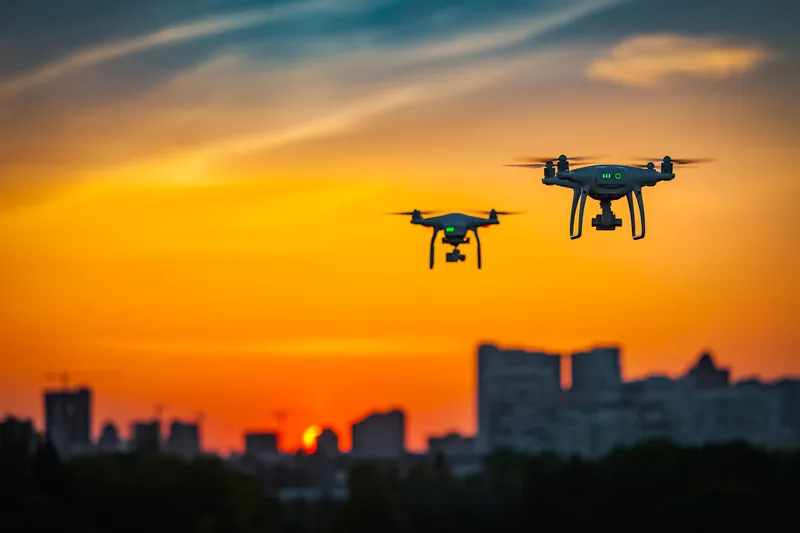Twenty US automakers, representing more than 90 per cent of the US auto market have committed to automatic emergency braking (AEB) a standard feature on virtually all new cars no later than 2022.
Making the announcement, the US Department of Transportation’s National Highway Traffic Safety Administration (NHTSA) and the Insurance Institute for Highway Safety (IIHS) said that the commitment means that this important safety technology will be available to more consumers more quickly than would be possible
March 18, 2016
Read time: 2 mins
Twenty US automakers, representing more than 90 per cent of the US auto market have committed to automatic emergency braking (AEB) a standard feature on virtually all new cars no later than 2022.
Making the announcement, the324 US Department of Transportation’s 834 National Highway Traffic Safety Administration (NHTSA) and the 7120 Insurance Institute for Highway Safety (IIHS) said that the commitment means that this important safety technology will be available to more consumers more quickly than would be possible through the regulatory process.
It will make AEB standard on virtually all light-duty cars and trucks with a gross vehicle weight of 8,500 lbs. or less beginning no later than 1 September 2022. AEB will be standard on virtually all trucks with a gross vehicle weight between 8,501 lb and 10,000 lb beginning no later than1 September 2025.
Automakers making the commitment are2125 Audi, 1731 BMW, FCA US, 278 Ford, 948 General Motors, 1683 Honda, 1684 Hyundai, 7998 Jaguar Land Rover, 5229 Kia, Maserati, 1844 Mazda, 1685 Mercedes-Benz, 193 Mitsubishi Motors, 838 Nissan, 1656 Porsche, 7994 Subaru, 597 Tesla Motors, 1686 Toyota, 994 Volkswagen and 609 Volvo Car USA.
AEB systems help prevent crashes or reduce their severity by applying the brakes for the driver. The systems use on-vehicle sensors such as radar, cameras or lasers to detect an imminent crash, warn the driver and apply the brakes if the driver does not take sufficient action quickly enough.
NHTSA estimates that the agreement will make AEB standard on new cars three years faster than could be achieved through the formal regulatory process. During those three years, according to IIHS estimates, the commitment will prevent 28,000 crashes and 12,000 injuries.
“It’s an exciting time for vehicle safety. By proactively making emergency braking systems standard equipment on their vehicles, these 20 automakers will help prevent thousands of crashes and save lives,” said US Transportation Secretary Anthony Foxx. “It’s a win for safety and a win for consumers."
Making the announcement, the
It will make AEB standard on virtually all light-duty cars and trucks with a gross vehicle weight of 8,500 lbs. or less beginning no later than 1 September 2022. AEB will be standard on virtually all trucks with a gross vehicle weight between 8,501 lb and 10,000 lb beginning no later than1 September 2025.
Automakers making the commitment are
AEB systems help prevent crashes or reduce their severity by applying the brakes for the driver. The systems use on-vehicle sensors such as radar, cameras or lasers to detect an imminent crash, warn the driver and apply the brakes if the driver does not take sufficient action quickly enough.
NHTSA estimates that the agreement will make AEB standard on new cars three years faster than could be achieved through the formal regulatory process. During those three years, according to IIHS estimates, the commitment will prevent 28,000 crashes and 12,000 injuries.
“It’s an exciting time for vehicle safety. By proactively making emergency braking systems standard equipment on their vehicles, these 20 automakers will help prevent thousands of crashes and save lives,” said US Transportation Secretary Anthony Foxx. “It’s a win for safety and a win for consumers."









